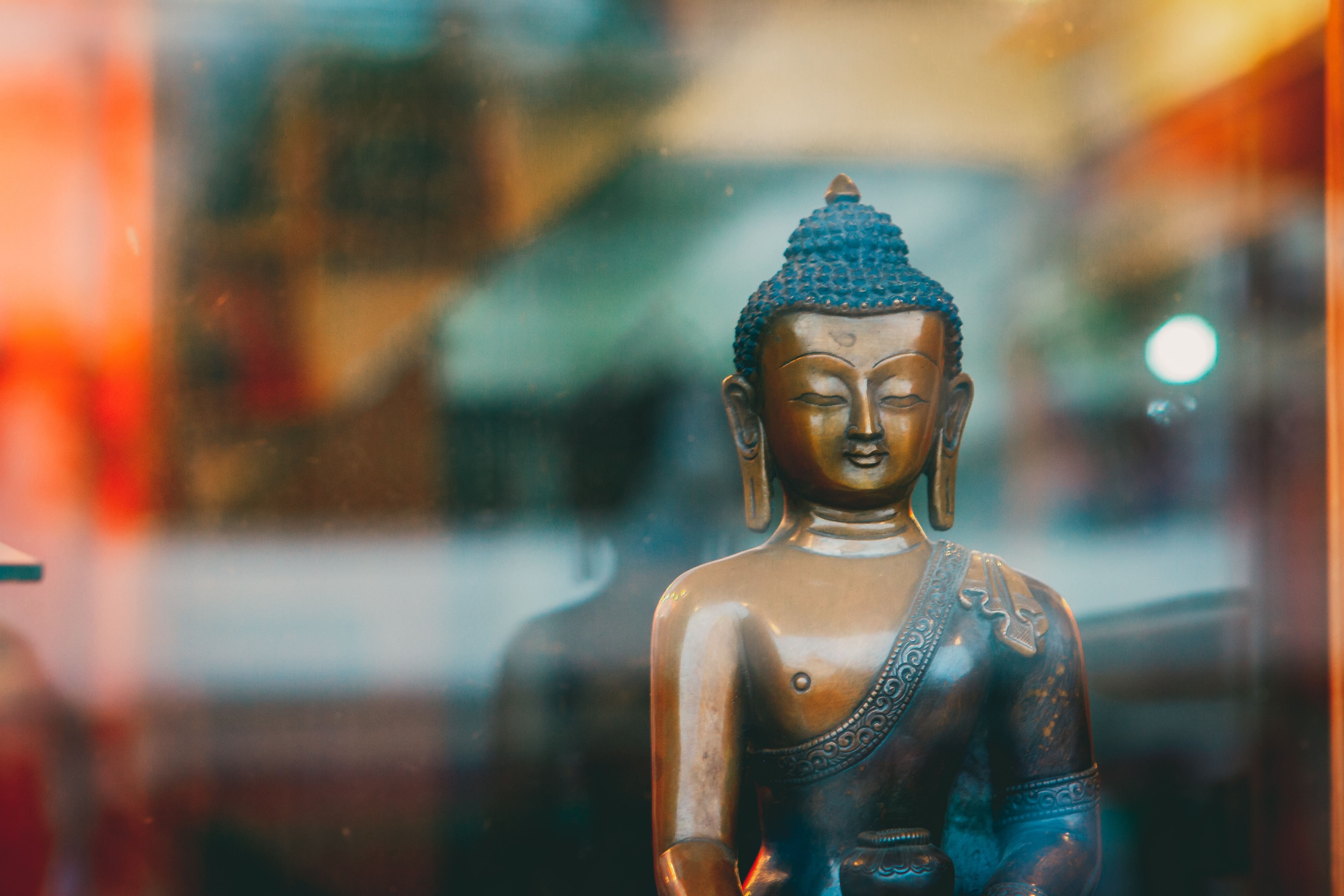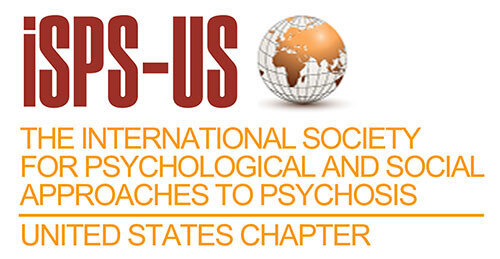
ISPS-US's recent webinar event, "Psychosis, Sociopolitical Trauma and the Asian Diaspora" with Ruth Ozeki and Claire Bien, held in partnership with Hearing Voices Network USA, is mentioned in this excellent article written by Derek DeForest.
Titled, "At the End of the Tunnel: Buddhist Perspectives on Voices and Visions," Derek's article recounts a transformative meditation retreat whereby he experienced visions or "hallucinations" that ultimately led to his ostracization, sparking an inquiry into the complex relationship between spirituality and mental health.
Read an excerpt below and follow think link for the full article:
The meditation retreat began in mid-September. For three months, I would be expected to maintain continuous noble silence: no talking, no cell phones. Teachers would give daily dharma talks, but the only actual conversations I’d have were private biweekly student-teacher check-ins that lasted about twenty minutes.
For weeks, I spent upwards of eight hours a day in formal practice, alternating between hour-long periods of sitting and walking meditation.
By the time the leaves had fallen in the nearby forest, I was sleeping only a few hours each night. During the witching hours, when the dharma hall was empty, I would practice walking meditation. Nighttime was when the meditation masters, both living and dead, would visit me. They gave me special dharma instructions. Sometimes they just laughed or smiled, cheering me on.
At first, the lightspeed experience was unsettling. Like in a science fiction movie, my mind was being transported through hyperspace. Bright lights were zooming by. At the end of the tunnel was this shape-shifting thing—something I couldn’t quite see but knew to be profoundly funny, horrifying, and tragic.
I was sure awakening was just around the corner. I decided that I should resolve to sit in lotus posture until I reached sotapanna, the first stage of awakening. When I explained this to my teachers—the real-life ones who were in charge of the retreat center—they didn’t understand.
“We want to make sure you’re okay,” a gray-haired senior teacher told me. “We’d like you to move out of the dormitories. There’s a little cottage across the street where you can stay with Alex and Phoenix.” This particular teacher was a polite Midwesterner, and she left out the part about how I was being put on twenty-four-hour suicide watch. Alex and Phoenix were the staff assigned to watch me.
In recent years, reports of people suffering emotional breakdowns during meditation retreats have surfaced in mainstream publications. In 2021, Harper’s magazine published an article about Megan Vogt, a twenty-five-year-old woman who tragically took her own life three months after attending a meditation retreat. Megan believed she was having a spiritual crisis, not a psychiatric one, but the article quotes medical professionals and researchers who warn that meditation retreats can cause psychotic breaks.
Psychiatrists rarely tell the stories of people like me. I was diagnosed as psychotic in my early twenties, but the deeper I went into treating my “psychosis,” the sicker I got. Meditation was one of the ways I found a path forward.
My parents, who are White and followed Zen master Thich Nhat Hanh in the 1990s, introduced me to meditation when I was little. Before the three-month retreat, I had sat over a dozen retreats in the Theravada tradition. Those months in silence were a way of testing my own limits. Was I crazy? What does it mean for someone who experiences voices and visions to find refuge in Buddhism? To help answer these questions, I spoke with three Buddhists, each from a different lineage: Phrawoody, a monastic in the Thai Forest tradition; Anna, a Tibetan Buddhist lay practitioner; and best-selling author and Zen priest Ruth Ozeki. Together with my own story, these voices present an array of tales about the unseen world and our relationship to it.
Full article at Oregon Humanities.
